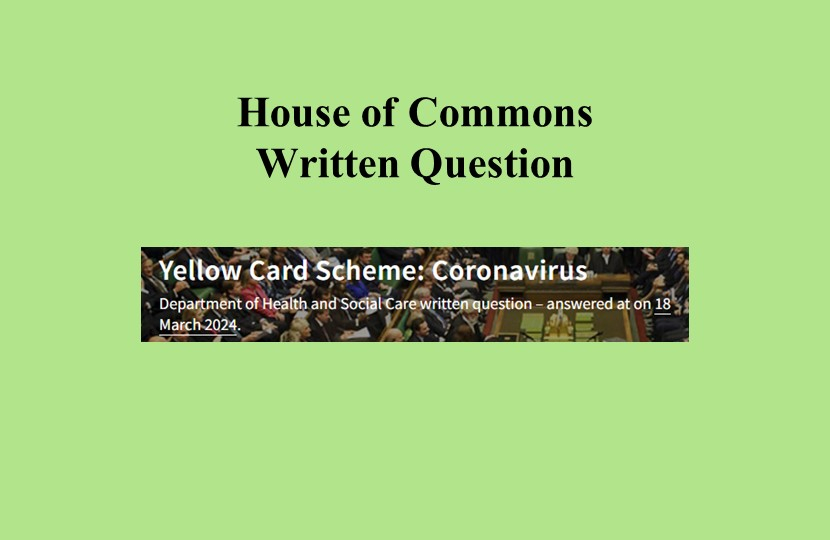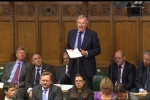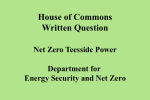
Chris Seeks MHRA Special Interest Yellow Card Stats
 Christopher Chope Conservative, Christchurch
Christopher Chope Conservative, Christchurch
To ask the Secretary of State for Health and Social Care, how many Yellow Cards for covid-19 vaccinations were (a) identified by the MHRA as being of special interest and (b) followed up by the MHRA in (i) 2021, (ii) 2022 and (iii) 2023.
 Maria Caulfield The Parliamentary Under-Secretary for Health and Social Care, Parliamentary Under Secretary of State (Department for Business and Trade) (Minister for Women)
Maria Caulfield The Parliamentary Under-Secretary for Health and Social Care, Parliamentary Under Secretary of State (Department for Business and Trade) (Minister for Women)
Adverse events of special interest (AESI) are medical events or conditions that have been identified as possible vaccine safety concerns, based mainly on previous experience with other vaccines and immune-mediated events which theoretically may occur, as vaccines stimulate an immune response. AESIs for COVID-19 vaccines were subject to enhanced surveillance by the Medicines and Healthcare products Regulatory Agency (MHRA) and many other regulators from the start of the United Kingdom’s immunisation programme.
Specifically in relation to AESIs, the MHRA has received 22880 UK spontaneous suspected adverse reaction (ADR) reports across all COVID-19 vaccines. Over 157 million doses of COVID-19 vaccines have been given in the UK. It is important to note that Yellow Card reports are not proof of a side effect occurring, and the incidence of a reaction occurring cannot be determined by these reports. The MHRA considers that the benefits of the COVID-19 vaccines continue to outweigh the risks for the majority of people.
The MHRA acknowledges receipt of every Yellow Card report received, and a team of safety experts follow up for additional information as necessary, including consideration of reports with a fatal outcome, based on the completeness, severity, and clinical details provided in the report. Responses to follow-up requests for ADR reports are recorded and stored with the original report on our ADR database. The information is then passed downstream for use in signal detection and the identification of safety concerns.
The data is available for its core purpose of assessment and signal detection, however, the systems were not designed to quantify follow-up metrics requested in this parliamentary question. As such it is not possible to automatically generate metrics on the proportion of follow-up requests sent. The MHRA has provided information on follow up rates under Freedom of Information, within the 20 day statutory timeframes based on manual review of reports, and is committed to publishing high level data on its website.
- ENDS -
#18344

